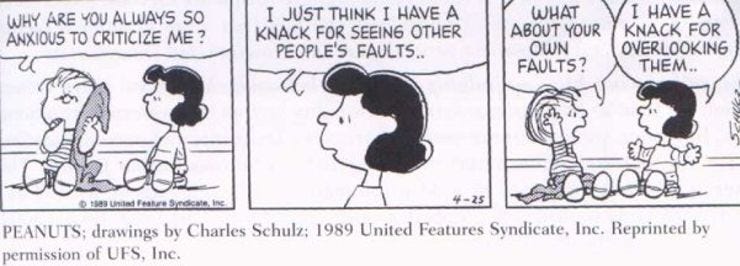When I understood this week’s mental model it actually made me a more understanding person!
It’s called the fundamental attribution error. It has a name that sounds a bit complicated, but bear with it, it’s actually quite a simple concept when broken down.
What is the Fundamental Attribution Error?
When we come up with an explanation for the behavior of others psychologists call it attribution.
We make this attribution in two distinctly different ways:
Dispositional attribution - the behavior was related to their disposition or character, to their personal characteristics
Situational attribution - the behavior was related to the situation or circumstance that they were in, to contextual factors
The fundamental attribution error is our tendency to over-attribute the behaviors of others to dispositional factors, and under-attribute situational factors.
In other words we tend to think that our own behavior is largely a response to the situation we are in, however with others, we underrate the situational factors.
Take the example of someone arriving late. We tend to jump to the conclusion that this reflects something about their disposition e.g. they don’t value being on time, they’re disorganized. However when we’re late, it’s likely a different story! We think it reflects something about the situation - e.g. there was traffic or a late train.
Of course the truth is that situational factors exist for others as well.
As professor Jon Elster wrote:
The important lesson is merely that...behavior is often no more stable than the situations that shape it.
The bottom line? Take into account that (visible and invisible) situational factors exist when judging the behavior of others.
Want to go deeper?
📖 The classic Thinking Fast & Slow is a must-read!
📖 The fundamental attribution error is more pronounced in western countries. For more on that, check out The Geography of Thought: How Asians and Westerners Think Differently
Reply email 📧 or tweet me 🐦 @juliaclavien!





